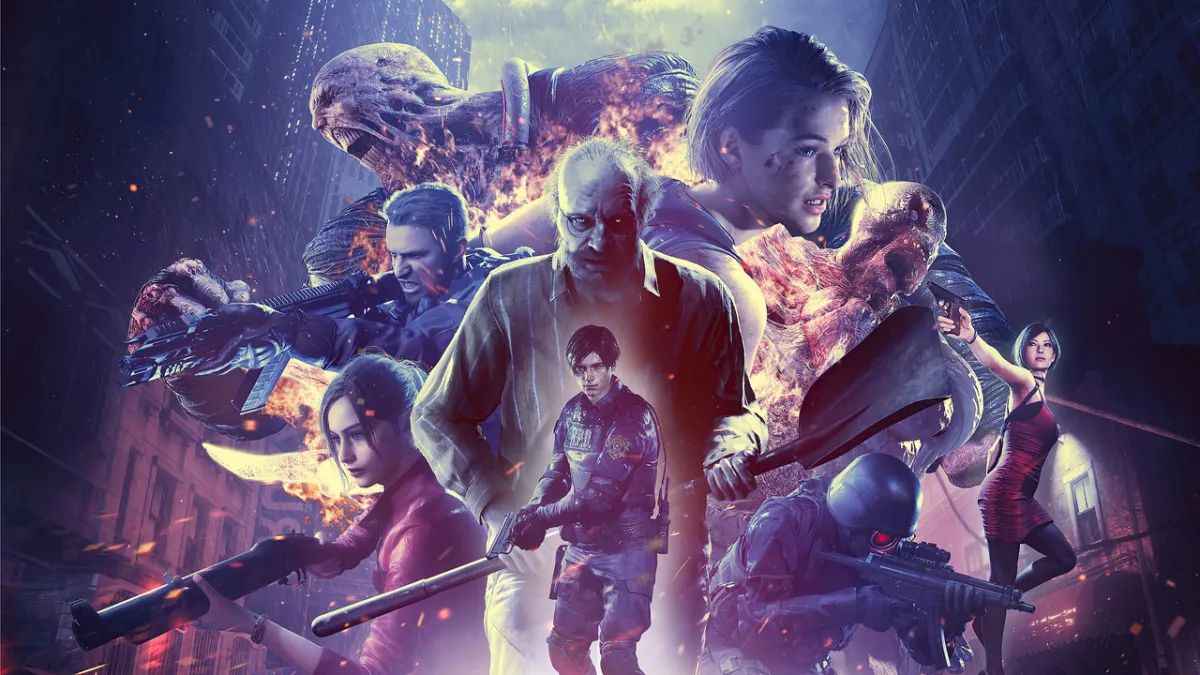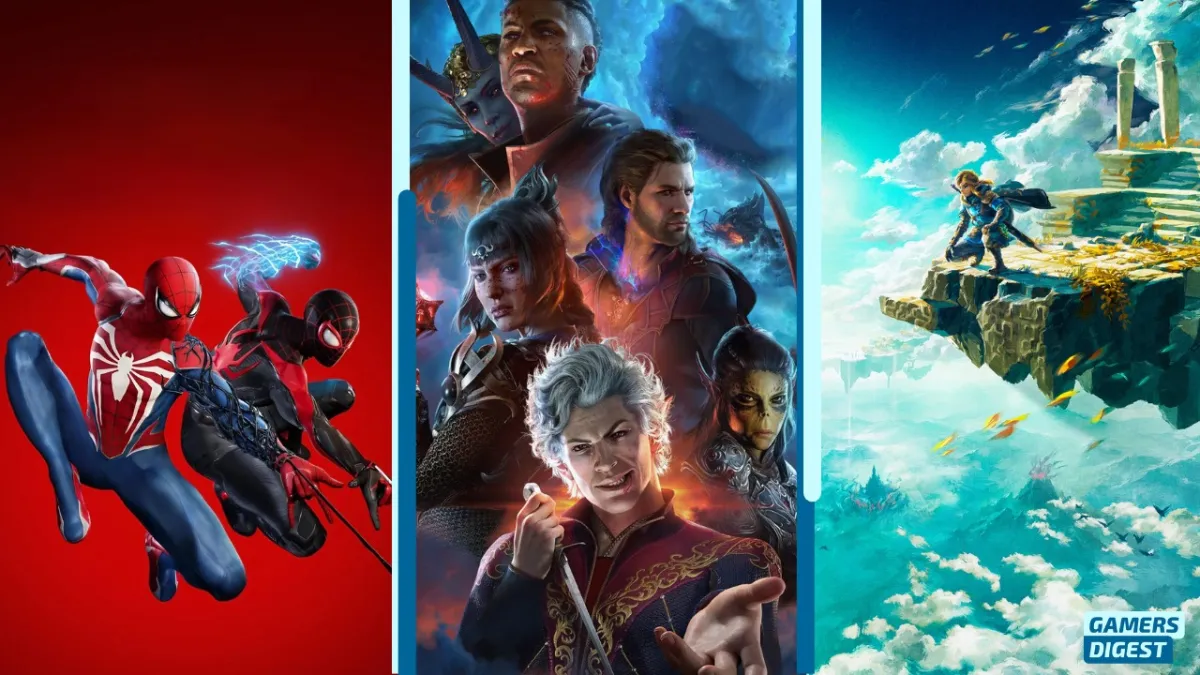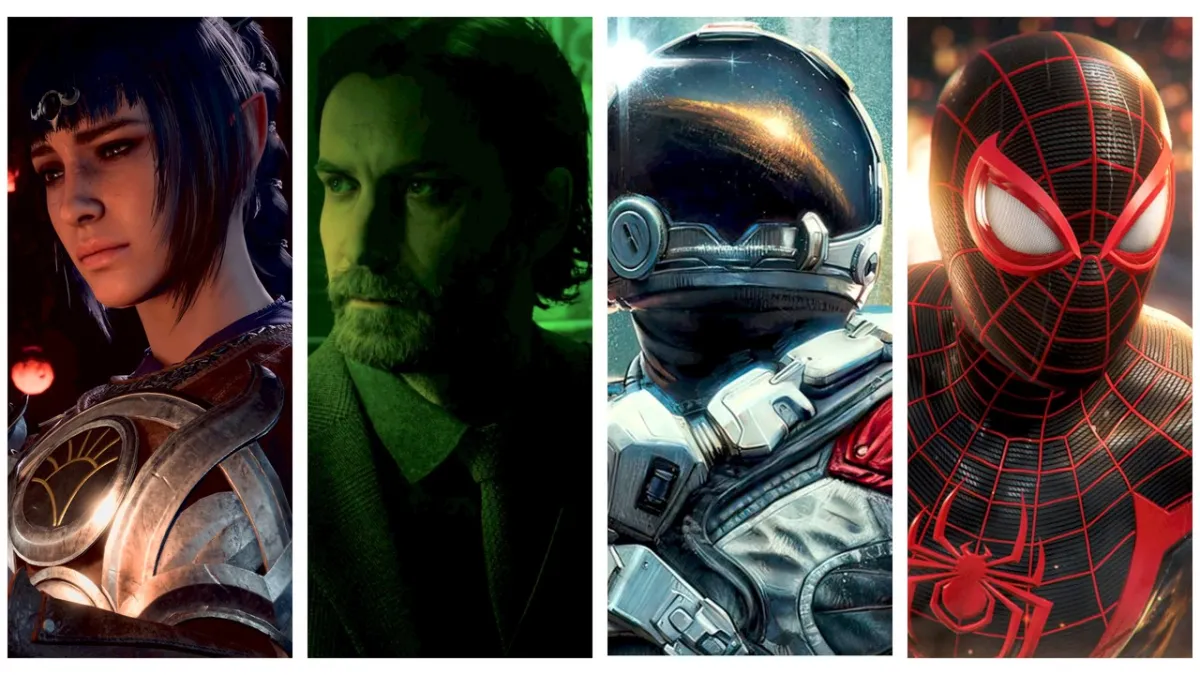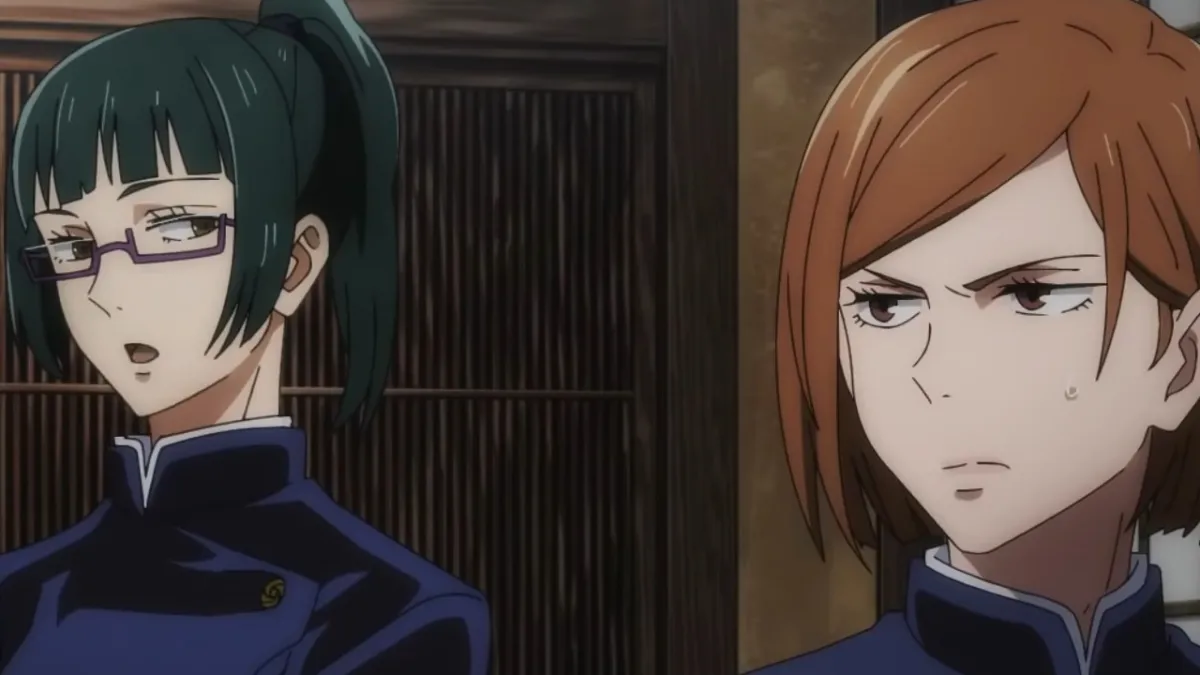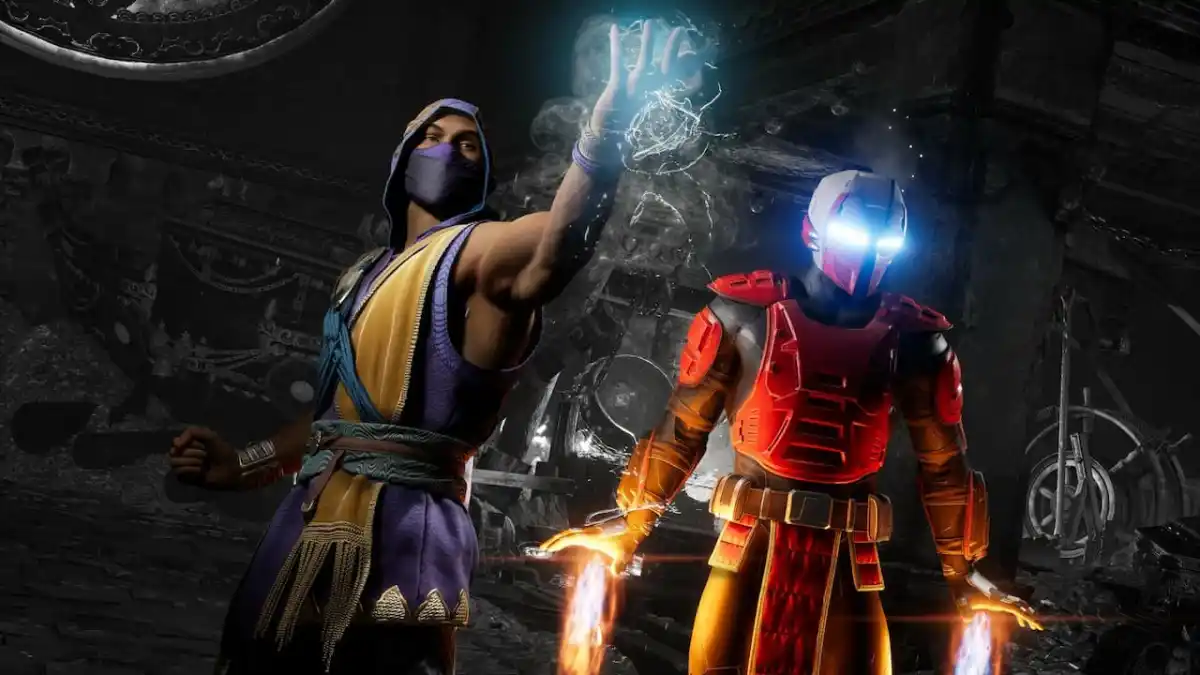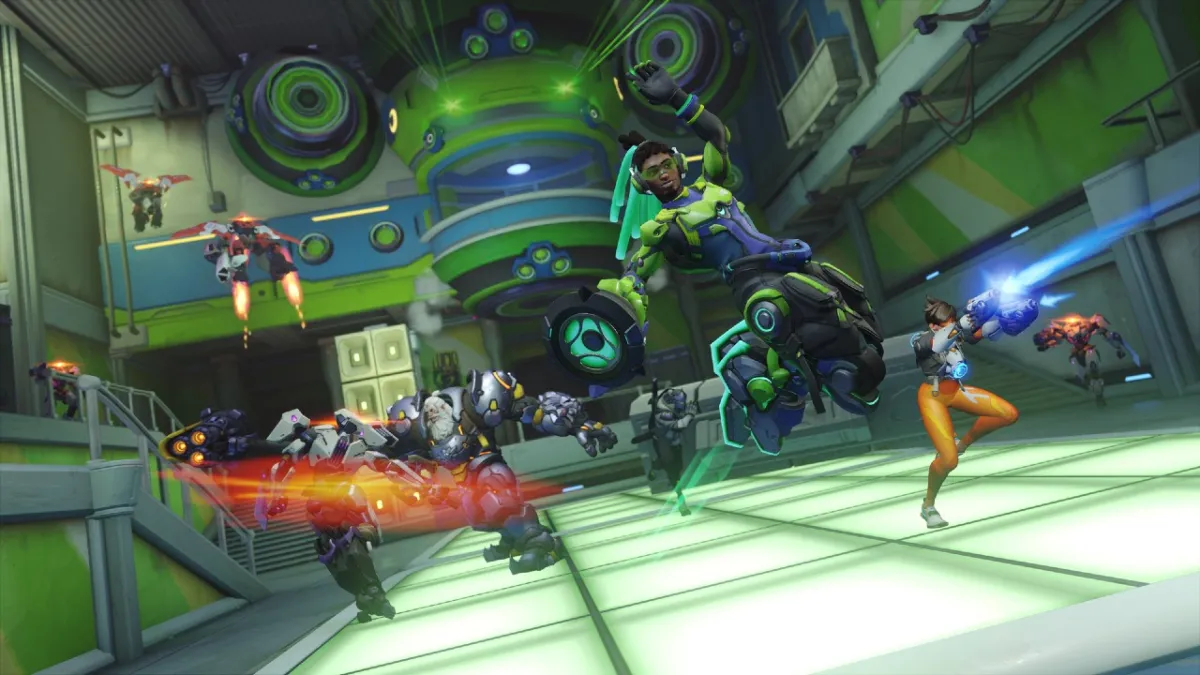Resident Evil is an iconic franchise that hasn’t genuinely slowed down its output since the day the eponymous first game came out in 1996. The series has certainly seen memorable heights as well periods in which the games’ quality dropped significantly, but it can’t be denied that survival horror as a genre owes its viability and popularity to the groundwork laid by these games. With the latest news of a Resident Evil 4 remake on the horizon, it’s a good opportunity to evaluate the high points of the franchise. Here is a list of The Best Resident Evil Games, Ranked in ascending order from its lowest points to its best and most iconic installments, so read on to see where your favorite stands!
The Best Resident Evil Games, Ranked
10. Resident Evil 5 (2009)
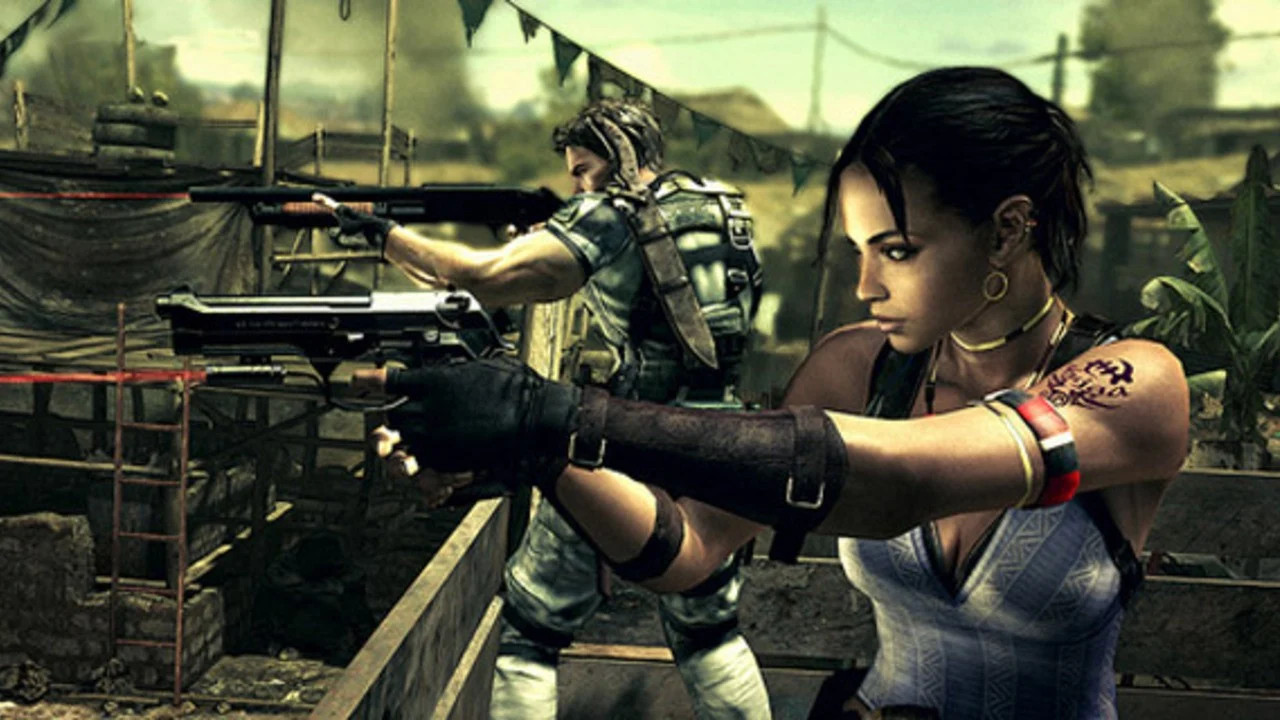
Chris Redfield fans might appreciate this game making the list. Resident Evil 5 debuted in 2009 and followed in the footsteps of Resident Evil 4 and Code: Veronica in that it takes the setting out of the United States, this time to Kijuju, in Africa. The game is a generational upgrade over Resi 4, but is not without its faults; Sheva, your companion, is great when in the hands of a fellow player, but left to the AI she can be frustrating to work with. Resi 5 was also the turning point towards forgoing any survival horror pretenses for the mainline entries, instead opting for “action horror” which would turn out to be a poor choice, as seen in Resi 6.
Finally, there’s the matter of how they transformed Chris in this. His transition to hulked-out action hero in this title approaches ludicrous proportions, to the point where this title became known for embodying a game version of Fonzie jumping the shark: when Chris, faced with a massive boulder, just punched it until he could move it out of the way. This moment is so laughable and infamous that this very same series later mocked it in its dialogue, in the form of Resident Evil Village’s Heisenberg referring to Chris as a ‘boulder-punching asshole.’ It’s the developers’ willingness to acknowledge their games’ flaws, that can earn greater respect and esteem for the series.
9. Resident Evil Revelations (2012)
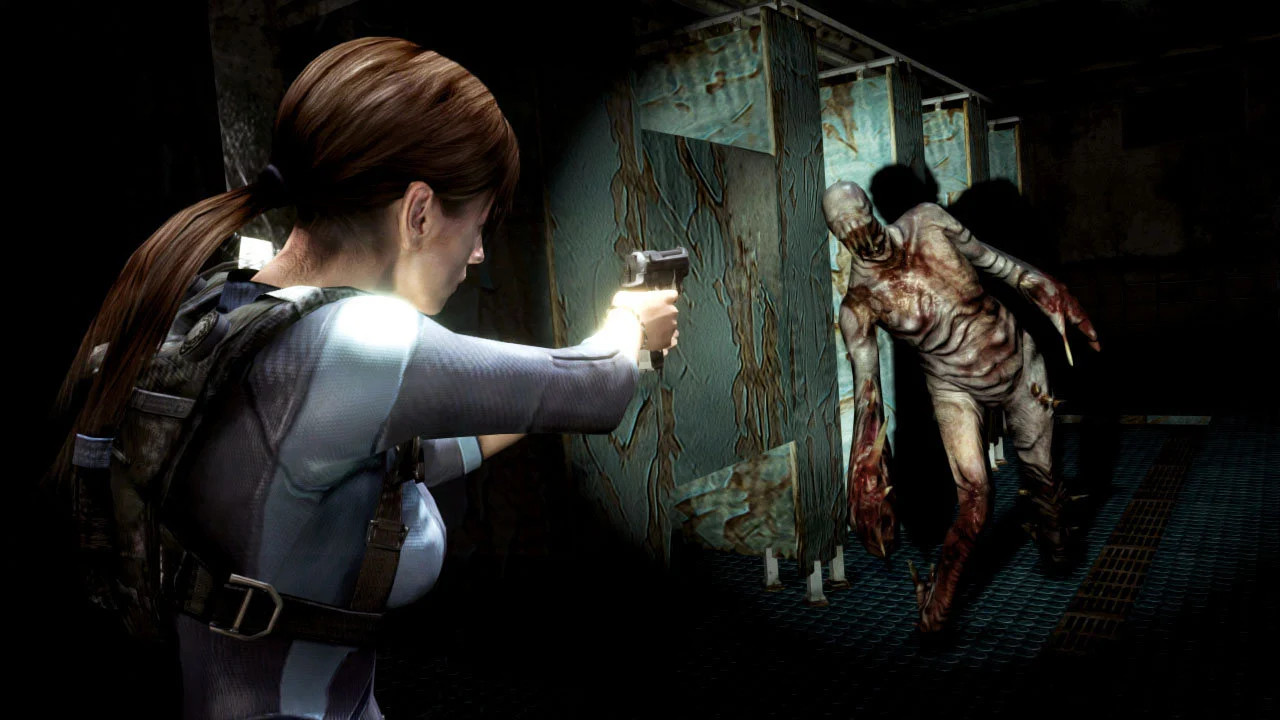
This game was notable in that it features the same 3rd person camera as 4 and 5 at the time, but debuted on the 3DS and truly pushed that system’s hardware to its limits. Revelations is an example of how the franchise could still generate tension and great action even without having bleeding edge visuals. The game’s use of simple map design, such as the claustrophobia captured in roaming the hallways of a derelict cruise ship, inspires tension in a way that no jump scare or excessive gore can replicate. Concepts from this game made it to other, even more successful, Resident Evil games in the future.
Another notable fact about this game is that it was the last truly good Resident Evil game before a 5-year drought where the series lost its horror sensibilities altogether and lost its edge and quality in general. The title later got a port to home consoles across several generations, and PC, which brought improved visuals to the presentation, as well as a much more approachable control scheme. The game’s positive qualities are more subtle and not as game-changing as Resi 4’s, but it helped preserve what was good about the franchise for players until it had its ultimate renaissance several years later.
8. Resident Evil 0 (2002)
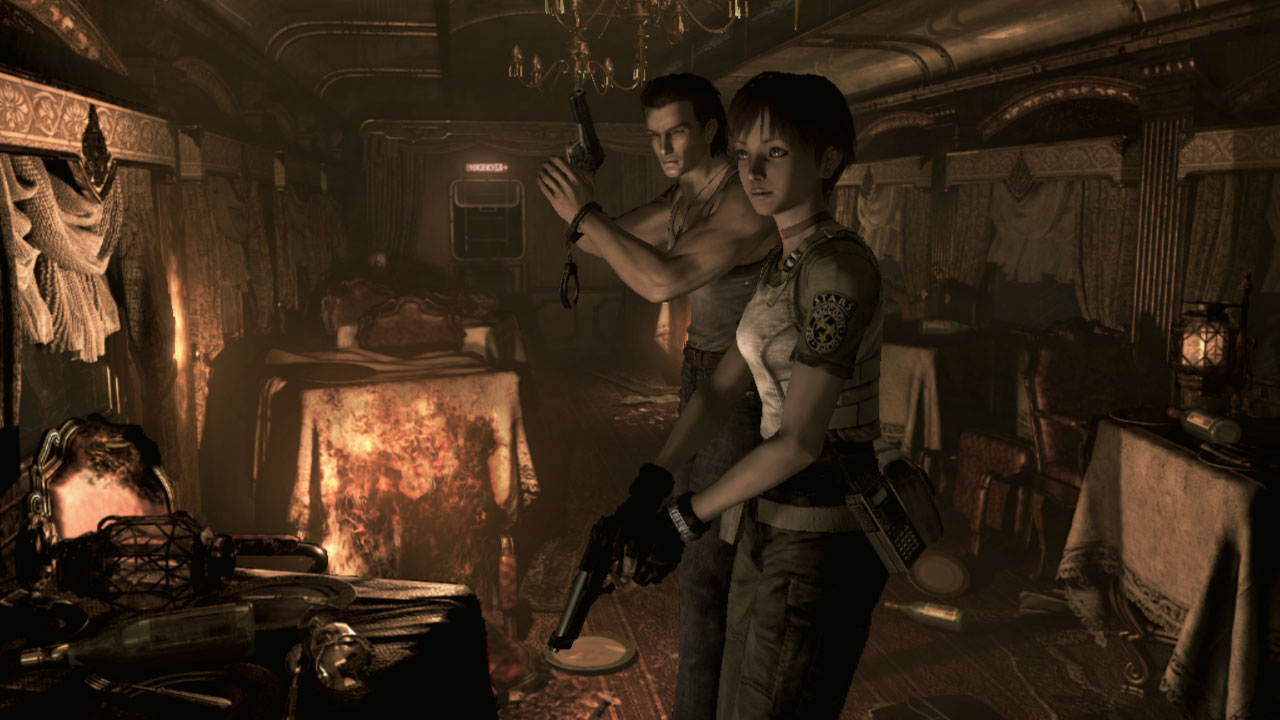
Resident Evil 0 was the second of the remarkable pair of 2002 GameCube releases for the franchise, with this title being an interesting deviation for the series. This release was notable for being the last mainline entry to use the tank controls, which in retrospect were clunky and difficult to maneuver, and while it can be argued that this helped boost the tension when attacked by zombies, it feels like not enough of a reason. It did, however, have great visuals, such as the wonderful GameCube-era character models and 3D accents to otherwise static pre-rendered backgrounds, allowing the scenery to feel more alive as you explored.
This game features 2 playable protagonists, Rebecca Chambers and Billy Coen, and is built around the player being able to swap between them and share their inventories, instead of the ever-convenient item box. This results in the player having to make tactical calls and potentially leave items lying on the ground, or risk giving the wrong quantities or type of ammo to the wrong character, and doom themselves to be unprepared for a sudden onslaught. It was clever, but ultimately not revisited overall in the grand scheme of the franchise. But it did answer questions about what happened to the Bravo Team during the events of the first game.
7. Resident Evil Village (2021)
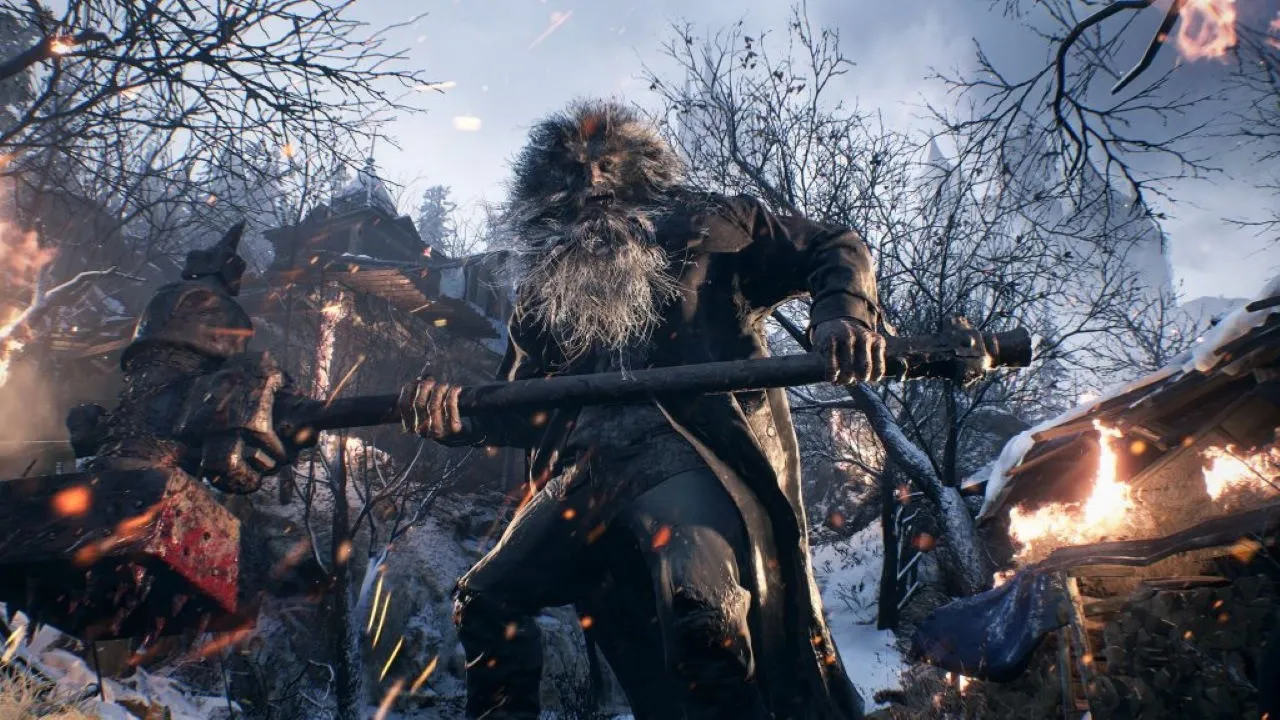
Village is a demonstration of the franchise’s willingness to stick to action as much as it did to horror, and this game executed it quite well. It’s quite a fun title with replay value and enough details to its content to keep the fans happy. The game features several memorable bosses, and Moreau is somewhere in there too, while also generating huge mainstream appeal due to the design of a certain vampiric giantess. The voice work and motion capture performances sold the experience, whether with the cutscenes or how the enemies stalked you and moved as they positioned themselves to strike.
This game serves as the latest entry in the franchise, and the apparent conclusion of Ethan Winters’ arc. It’s also the second game to use the first-person camera angle, initially demonstrated in Ethan’s first outing, Resident Evil VII: Biohazard. It controls well, is visually spectacular, and surprisingly emotional, but there are a couple of aspects that bring this game down when put against other games in the series, such as a lack of substantial new additions to the series formula, and a somewhat lackluster Mercenaries mode.
6. Resident Evil 3: Nemesis and Remake (2020)
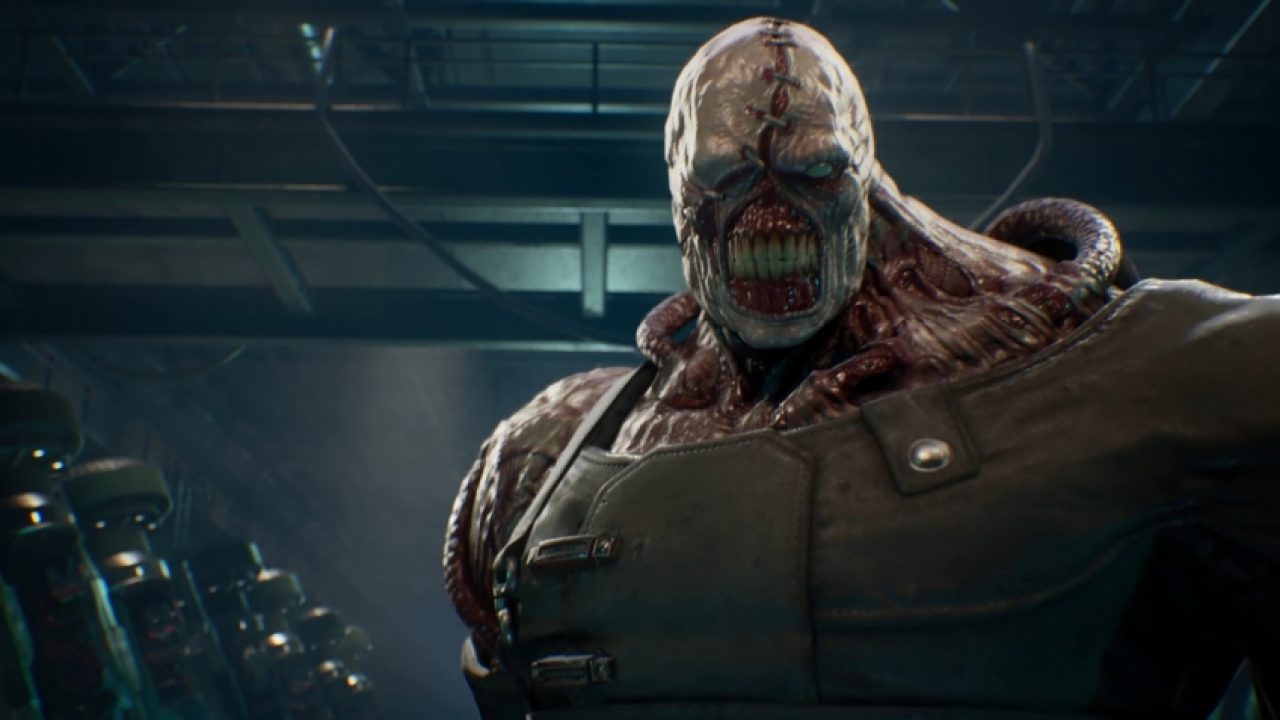
This game is the last of the original 3 Resident Evil titles before the visuals in the software started showing more notable improvements. However, Resident Evil 3: Nemesis did great with what it had and raised the bar for survival horror games in its way. The titular antagonist, Nemesis, would constantly pursue Jill Valentine through the game, and even if you chose to open fire and successfully take it down (it could dodge your shots, after all) it would eventually get up every time, and continue to give chase. The result is essentially the answer to the question, “What if the Terminator was also a zombie?”
This game’s success and status as a numbered entry made it inevitable to get a remake, and in 2020 it did. The game has wonderful visuals and captures Raccoon City in its doomed final hours, but foregoes much of the original game’s content, cutting out many major locations including the graveyard, park, city hall, and clock tower locations. Perhaps the most egregious offense was turning the Nemesis into a mild series of scripted encounters and ultimately made it easier to evade. But the original laid down the blueprint for contemporary Resi successors like Mr. X in the remake of Resi 2, and Jack Baker from VII.
5. Resident Evil – Code: Veronica (2000)
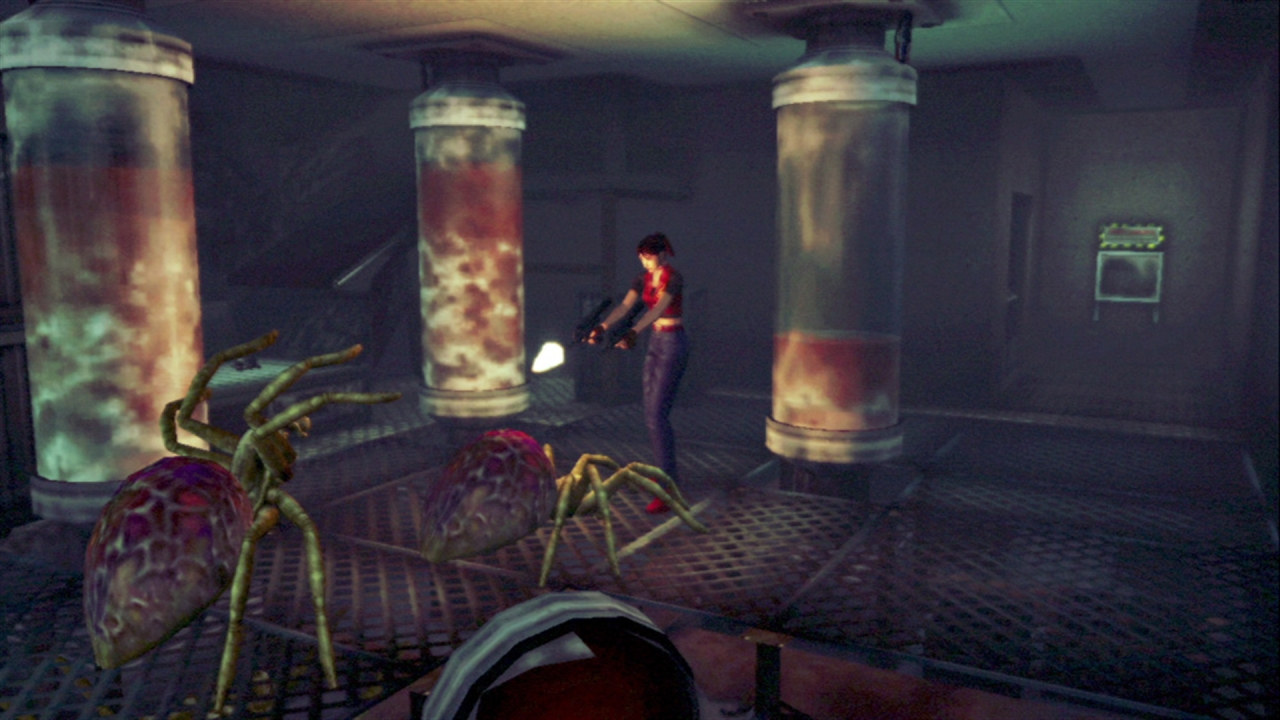
Following the release of Nemesis, Code: Veronica came out initially on the Dreamcast, a franchise first as it’s usually released first on PlayStation. The game took advantage of Dreamcast’s superior hardware for the time and featured improved cinematic cutscenes, dynamic 3D backgrounds, great music, and sound quality. The plot unites Claire Redfield with her brother, Chris, as playable characters and pits them against Alfred and Alexia Ashford, as well as recurring series antagonist Albert Wesker, the game features more of a European influence in its world design than previously seen which remains quite striking.
This game is also the last major release to appear on a Sega hardware system, as the publisher ultimately stepped out of the console business with the demise of the Dreamcast. The game featured “Battle Mode” previously seen in the Sega Saturn version of the first Resident Evil, and the control scheme of the series up until then worked quite well with the capabilities of each system’s gamepads, which oddly had no right stick. The game is remembered fondly by the fan community, has received multiple stories and HD upgrades since its initial release, and is commonly regarded as one of the best in the Resident Evil franchise.
4. Resident Evil (1996) and Remake (2002)
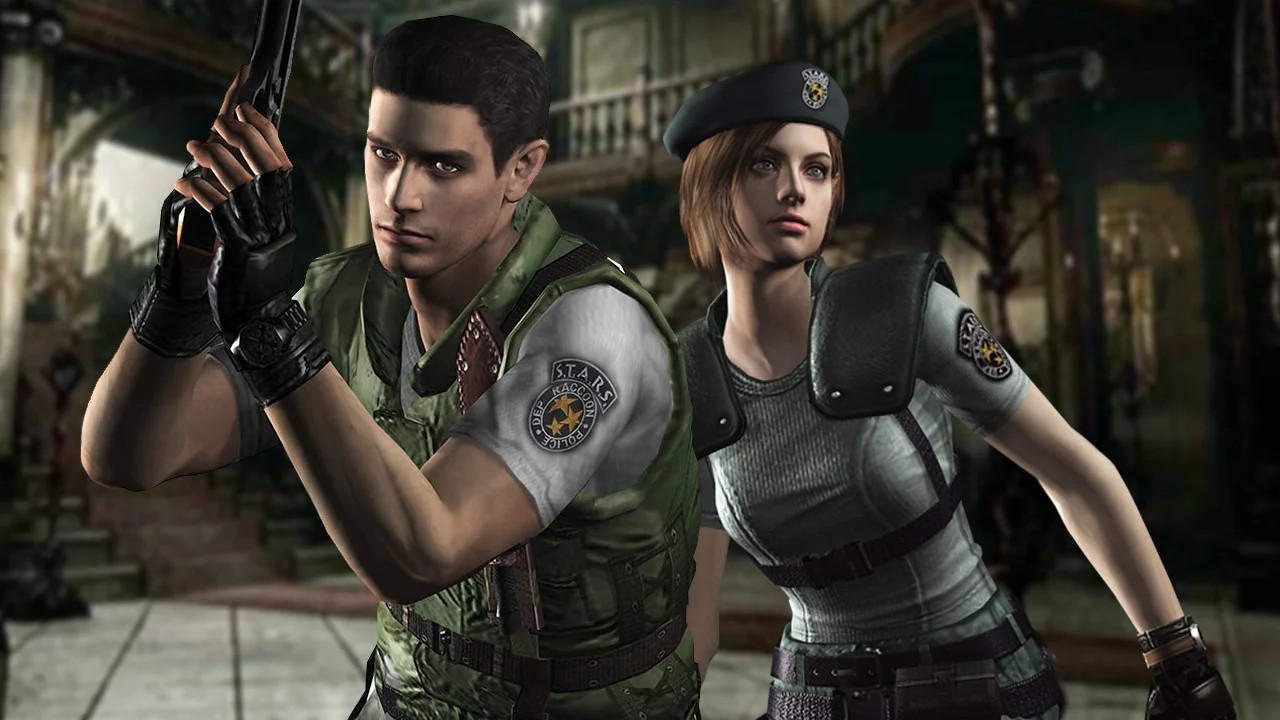
The game that started it all. Resident Evil’s release is responsible for the emergence of Survival Horror as a genre, and for making zombies cool again in popular culture. The initial release had pretty limited visuals, and amusingly bad voice acting (we hope this is not Chris’ blood, too) but was incredibly influential to the series, establishing features such as inventory management, control schemes, and ink ribbon resource used for saving your game. The original may have aged poorly, but it also rocked the world in terms of sales, becoming one of PlayStation’s best-selling games ever at the time.
The remake improved upon the original in every way, using 3D and visual effects on top of pre-rendered backgrounds later seen in Resi 0, improved voice acting, better sound design, and the addition of Lisa Trevor. The tragedy of this character, one whose parents were murdered for being a witness of Oswell Spencer’s ambitions, and being subjected to decades of horrifying experimentation, is the most haunting and powerful of all, and it helps raise the stakes of the plot as well as establish just how villainous Umbrella truly is. Add that to some great boss encounters, compelling gameplay, and the iconic pair of protagonists, Chris Redfield and Jill Valentine, and you’ve got a remake that’s as high-quality as the original’s legacy.
3. Resident Evil VII: Biohazard (2017)
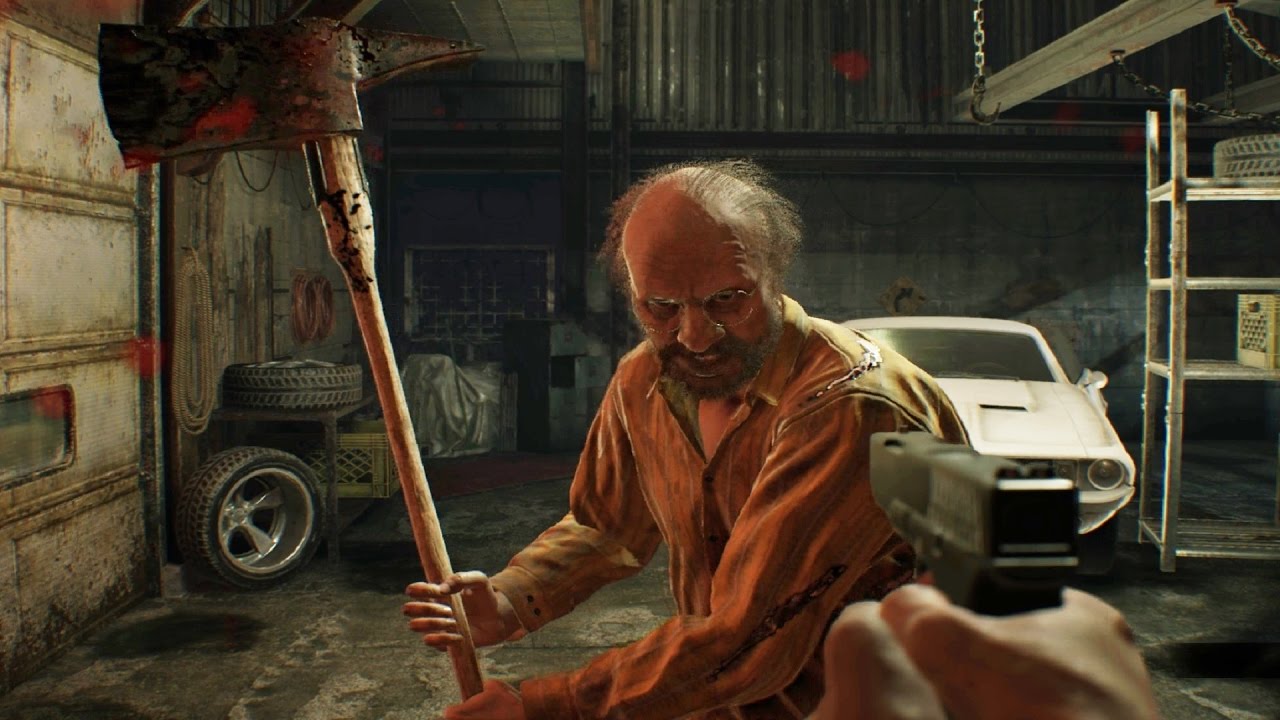
Resident Evil was at a crossroads following the release of Resi 6. The series was not doing its best and encountered a bit of a drought in quality for just over 4 years, and it was entirely due to the franchise opting to push harder into action horror and abandon its survival roots. But then along came the VII announcement, and its gameplay, and something became clear: Resident Evil was back, as if from the dead, with a vengeance. Bearing the same name as how the games are released in Japan, this game was not the same as the originals in terms of visuals, but arguably better. You’re back to exploring a derelict estate, this time far more wretched than some mansion, and the entire game is brimming with dread and terror.
The choice to use the first-person perspective was a bold one, but it was for the sake of immersion, so that you weren’t playing as a fan favorite supersoldier, honed for years by experience, but instead are Ethan Winters, your player avatar, unprepared and desperate to survive the night. This was the first major title to implement VR as a playable option, and a perfect choice, making great use of the sound design and crucial need for situational awareness to prevent yourself from getting accosted and killed at the Baker estate. Enemies no longer dropped supplies once again, and you are forced to protect your assets and minimize ammo usage.
Subsequent playthroughs unlocked better weapons and gear, all favoring successful, quicker speedruns. The enemy design was lacking in terms of variety for basic opponents, but the bosses were phenomenal, with Jack Baker being a terrifying menace for the first portion of the game, along with shouts out to Marguerite for really creeping out the players in act 2. The game signaled a return to form for the series, but new directions took at the same time, never quite approaching the high energy of previous action-horror releases, but still having plenty of responsive combat for the players.
2. Resident Evil 4 (2005)
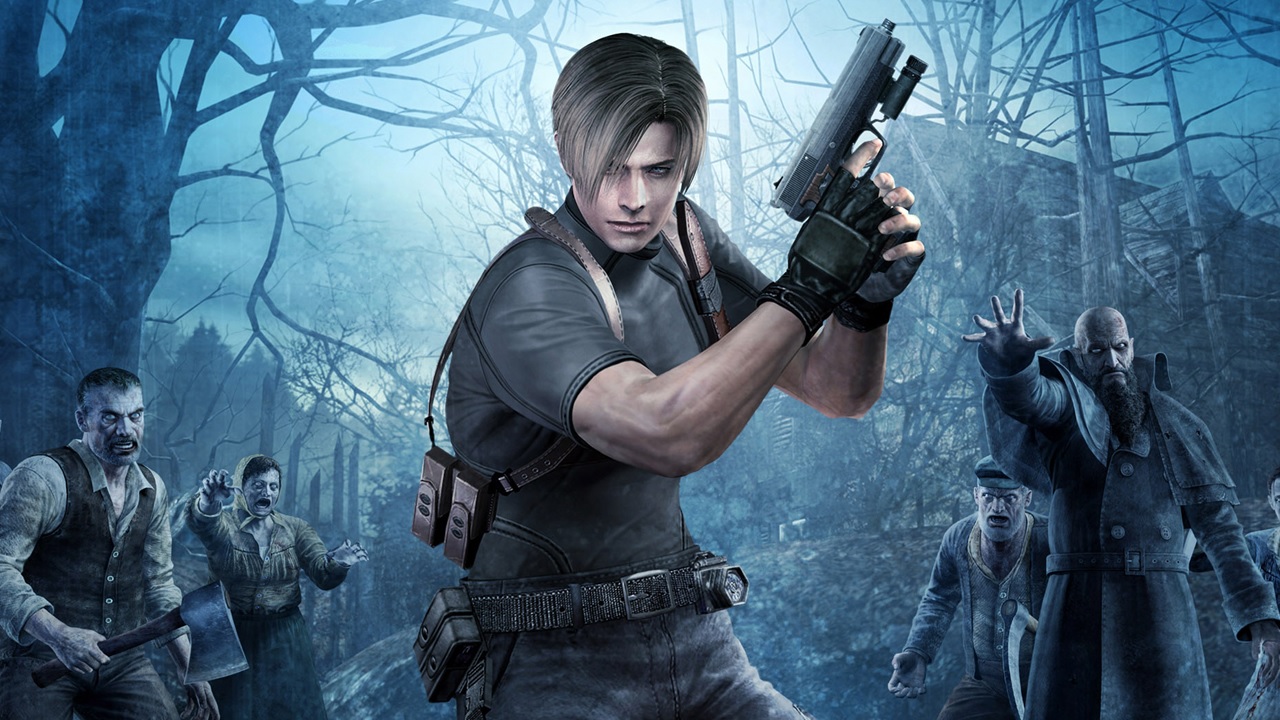
Even though the series did poorly when it tried to push too far into the action-horror subgenre, it did it for a reason: to follow the incredible, critically beloved, massive hit that was Resident Evil 4. The game is still regarded as a powerful influence on both horror as a genre and third-person shooters, and later installments seemed to affirm that Resi 4 had successfully captured lightning in a bottle, and still proves a difficult act to follow. The combat is clean and responsive, the gore is satisfying, the lighting for the village and castle portions are spooky and gritty, and protagonist Leon Kennedy was at his snarky, career-best.
While this certainly resulted in later games trying to recapture the success 4 had, it wasn’t because the game was inherently putting out the wrong ideas. Leon wasn’t quite to the exaggerated power levels of 5’s Chris Redfield, but rather highly trained and capable of putting up a fight while having perfectly reasonable athleticism and strength. He had numerous brushes with death and still encountered bone-chilling threats that reminded him and the players that just because enemies were sometimes bullet sponges, it didn’t mean you shouldn’t make careful use of what you’ve got left. Regenerators were a perfect example of survival horror still peeking out, requiring precision for you to kill it before it reached you.
The game is beloved by the community, having several cheesy moments that don’t appear as much in recent entries, but stands on its excellent quality as an action game, and has been remastered and ported a handful of times. There’s also the anticipated remake that was just announced, which appears to address the greater presence of horror in the mix this time around, presenting a terrifying, dark, atmosphere, along with a traumatized Leon after the events of Resi 2. Suffice to say, we can’t wait.
1. Resident Evil 2 (1998) and Remake (2019)
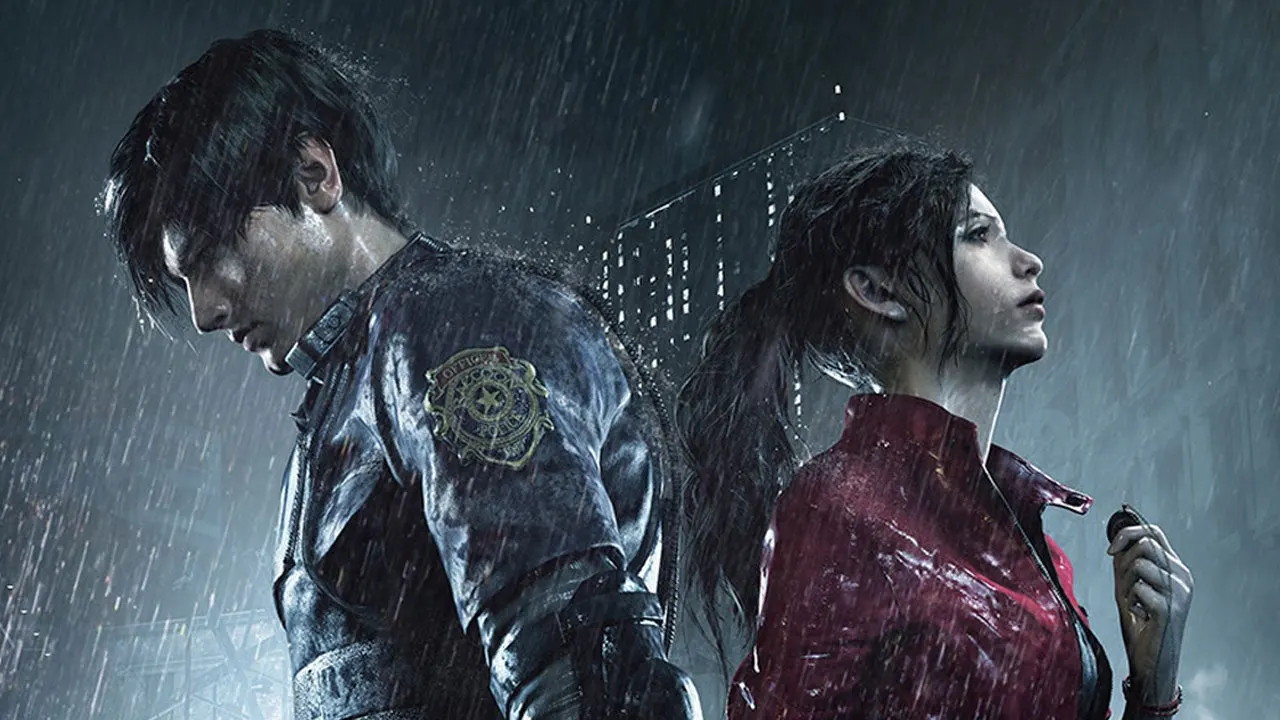
Resident Evil 2 is the best game in the series, either the original or the remake because it embodies what’s done well for the franchise, a reverence for the series’ DNA while bringing something new to the mix. In every way, Resi 2 was a bigger game than the original and featured characters far less trained (but still capable of combat) than S.T.A.R.S. officers, in over their heads in the middle of the most calamitous event of their lives, and possibly for those around the world. Raccoon City being infested with zombies was a truly shocking and terrifying prospect, and getting out alive was paralyzing, but a tantalizing challenge for the player.
The 1998 original had plenty to offer in world design and enemies introduced, such as the first appearance of the infamous Licker zombies. If you played on the Dreamcast, you didn’t have to open the menu to find out your health, as the VMU in your controller would display this information for you. The visuals and controls were a substantial improvement over the first game. The size and scope of the game world were far more grandiose, and the stakes were incredibly high. Despite this, you never felt as if there was enough space to breathe, which was perfect for the survival horror experience, and finding weapons and ammo genuinely felt like finding treasure sometimes.
What the remake did for this, more than the remake of 1 or 3 did, was turn the story and concepts into a genre-defining experience that still felt fresh and packed with content in the modern-day. The remake was phenomenal in how it reminded players who were disappointed with how different VII was in 2017, that they knew how to appeal to the fandom, and the use of the RE Engine in this game was a tour de force. It also reintroduced T-00, or Mr. X, to modern players, and has created a menacing Nemesis-type of the enemy that has yet to be topped in how it drives up the pulse of the players as soon as you hear those boots hitting the floor. Add that to a terrifying, gritty, desolate Raccoon City, and you’ve got a horror game that’ll stand the test of time.
This concludes our list of The Best Resident Evil Games, Ranked! The series has a special place in the gaming zeitgeist, and while it’s had turbulent times, the series has regained its footing in the last 5 years. Resident Evil 6 was deliberately absent from the list as it’s not among the best of the bunch, or even a good Resident Evil, although its Mercenaries mode was admittedly very fun. Other entries, such as the numerous light gun rail shooters and spin-offs, weren’t considered for the list but should be explored in a separate piece. But we hope you enjoyed this, and are curious where your favorite game stands on this list!
We are incredibly excited for the Resident Evil 4 Remake and wish the franchise a very long, and healthy, winning streak as the premier survival horror franchise in gaming.


